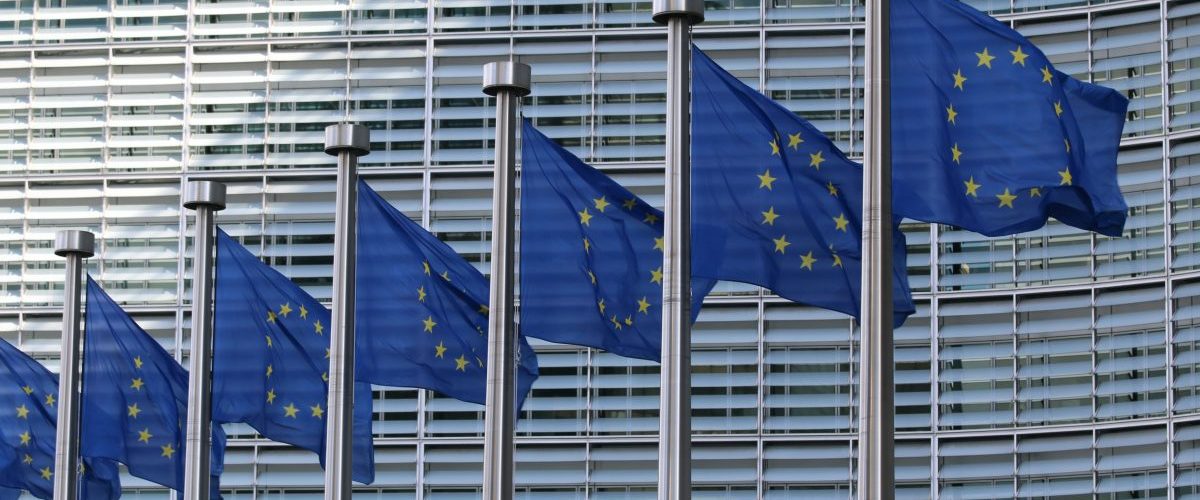The EU VAT Committee is a consultative body established under Article 398 of Directive 2006/112/EC (the VAT Directive). It consists of representatives from each EU Member State and the European Commission. The primary role of the VAT Committee is to ensure the uniform application of VAT laws across the European Union by providing a platform for discussion and consultation on VAT-related issues.
Key Functions of the EU VAT Committee:
- Consultation and Guidance: The VAT Committee offers opinions and guidance on the application and interpretation of VAT rules, helping to resolve ambiguities and promote consistent practices across Member States.
- Discussion of Legislative Proposals: The Committee discusses new legislative proposals and amendments to existing VAT laws, providing input and feedback that can shape VAT policy within the EU.
- Sharing Best Practices: Member States share their experiences and best practices in VAT administration and enforcement, which can help improve the effectiveness and efficiency of VAT systems across the EU.
- Resolving Disputes: While the VAT Committee does not have the authority to settle disputes, it provides a forum for discussing and clarifying issues that may lead to disagreements between Member States or between Member States and taxpayers.
- Monitoring Developments: The Committee keeps track of developments in VAT legislation, case law from the Court of Justice of the European Union (CJEU), and other relevant areas to ensure that VAT systems remain up-to-date and aligned with broader EU policies.
Meetings and Documentation:
- The VAT Committee typically meets multiple times a year, with both in-person and online meetings.
- Minutes from these meetings, working papers, and other relevant documents are produced and shared with Member States to ensure transparency and continuity in discussions and decisions.
The VAT Committee plays a crucial role in maintaining the coherence and effectiveness of the VAT system within the European Union, helping to facilitate cross-border trade and ensure fair and efficient tax administration.
In 2024, there were 2 meetings:
Highlights of the meetings in 2024
124th meeting – April 11, 2024
- Implementation of Single VAT Registration (SVR): Preparations have started under the VAT in the Digital Age (ViDA) package, with a dedicated Fiscalis seminar planned for June 2024.
- SME Scheme Progress: Ongoing development includes the Explanatory Notes, SME Guide, and an SME web portal, with drafts discussed in March 2024 and final versions expected in the autumn.
- Adoption of Commission Decision (EU) 2024/775: Relief from import duties and VAT exemption granted for goods distributed to those affected by Russia’s military aggression against Ukraine, applicable until December 2024.
- Crypto Art VAT Treatment: The Commission concluded that crypto art does not fall under existing VAT exemptions or margin schemes and will prepare draft guidelines for its VAT treatment.
- Educational Services VAT Exemption: The Commission emphasized a case-by-case assessment for VAT exemptions on educational services, considering vocational training and other exemptions.
125th meeting – November 18, 2024
- Meeting Overview and Agenda: The 125th VAT Committee meeting, held via videoconference on November 18, 2024, addressed various VAT-related topics. The Chair emphasized the importance of timely submission of agenda items by Member States and announced that the next meeting would likely be held in March 2025 as a physical meeting.
- Updates on VAT Initiatives: The Chair provided updates on several initiatives, including the successful implementation of the Single VAT Registration (SVR) and Import One Stop Shop (IOSS) discussed at a Fiscalis seminar, ongoing work on the SME scheme with new explanatory notes and a web portal, and the publication of e-commerce statistics showing significant VAT declarations through OSS schemes.
- Consultations and Discussions: The Committee discussed several consultations from Member States:
- Portugal’s introduction of a VAT grouping scheme.
- The Czech Republic’s changes to its VAT grouping legislation.
- Poland’s extension of VAT warehousing arrangements.
- Germany’s adjustment to the global margin scheme for second-hand goods.
- Key Issues and Clarifications: The Committee addressed various issues, including:
-
- The VAT treatment of transactions between users of an LNG terminal in Croatia.
- The VAT implications of Two-Way Contracts for Difference (CfD) for electricity in Belgium.
- The application of VAT rules to electronic interfaces facilitating intra-Community distance sales of goods raised by France.
- Future Work and Guidelines: The Committee emphasized the need for common guidelines and further discussions on several topics, including the place-of-supply rules for virtual events and activities, the treatment of single-purpose vouchers (SPVs), and the VAT exemption for goods and services purchased by international bodies. Delegations were invited to provide further comments to aid in drafting guidelines or explanatory notes.















